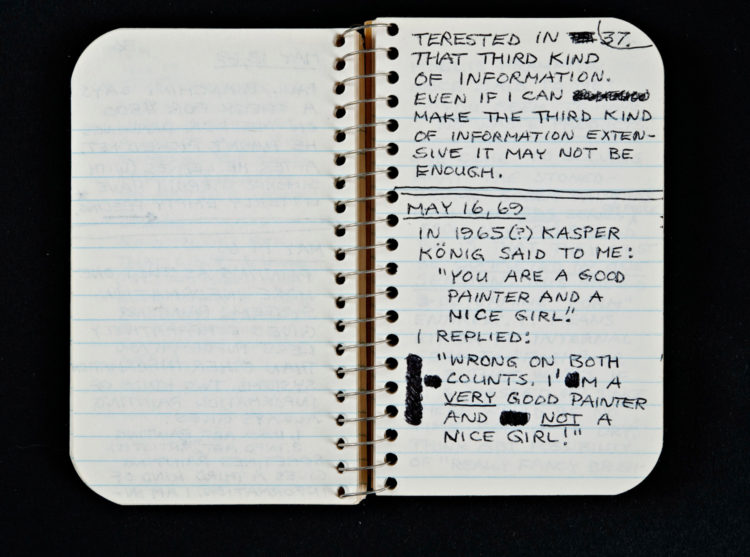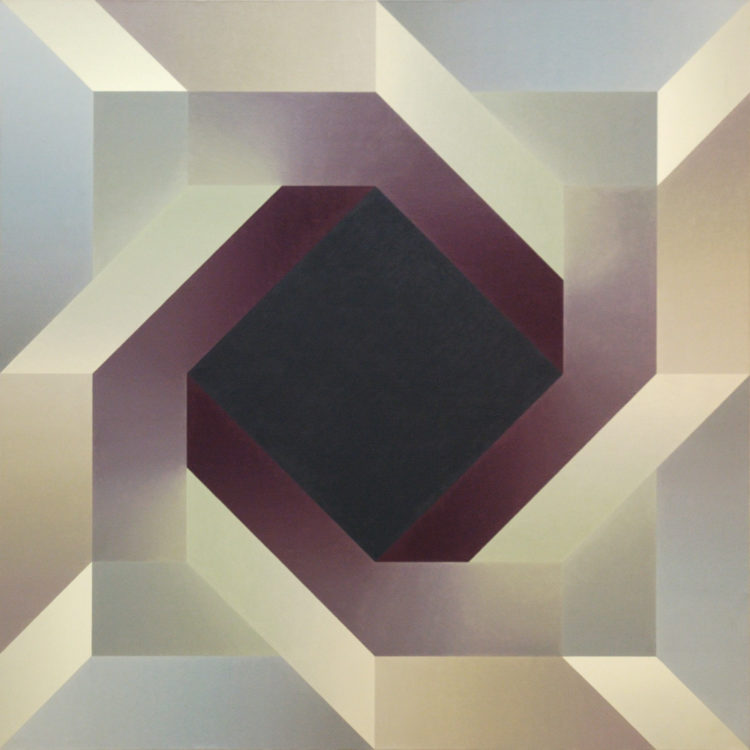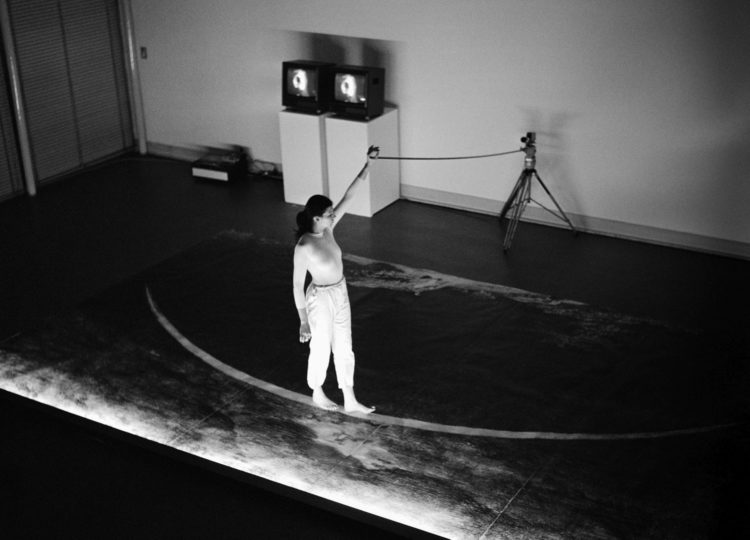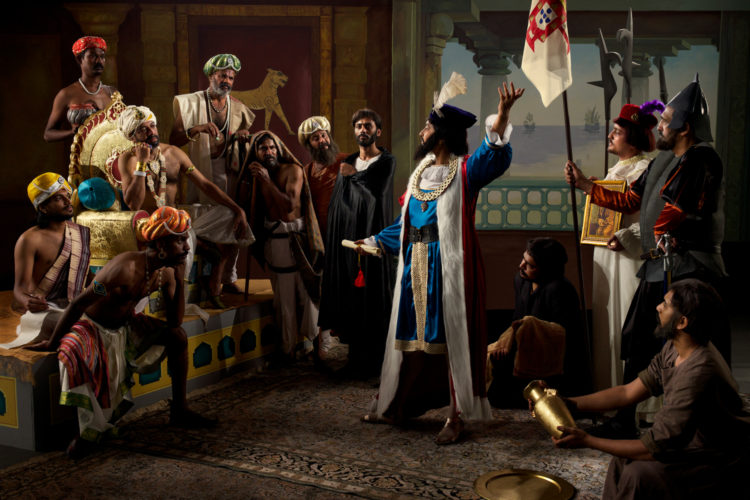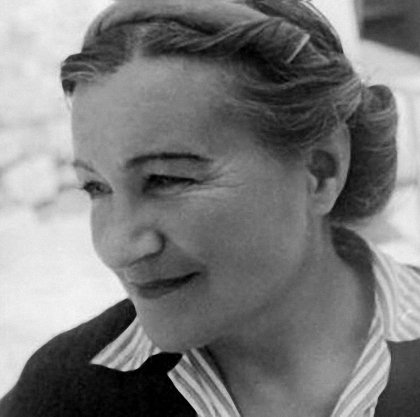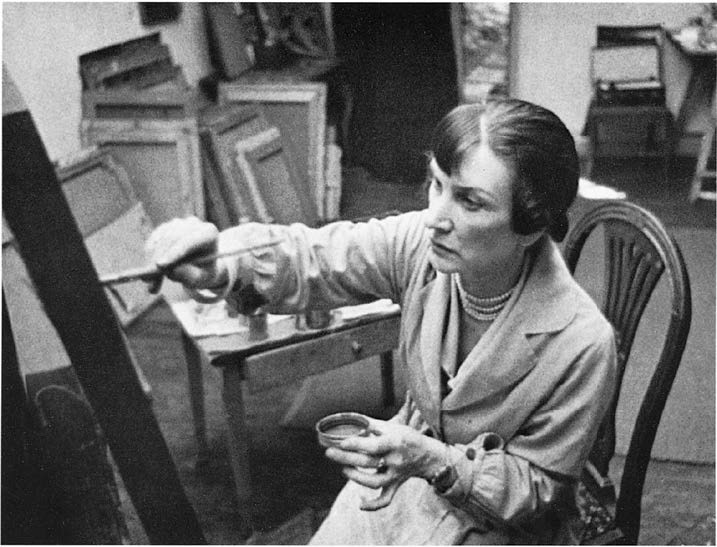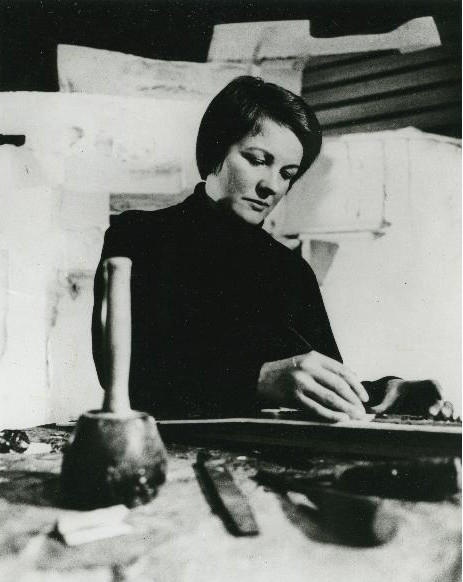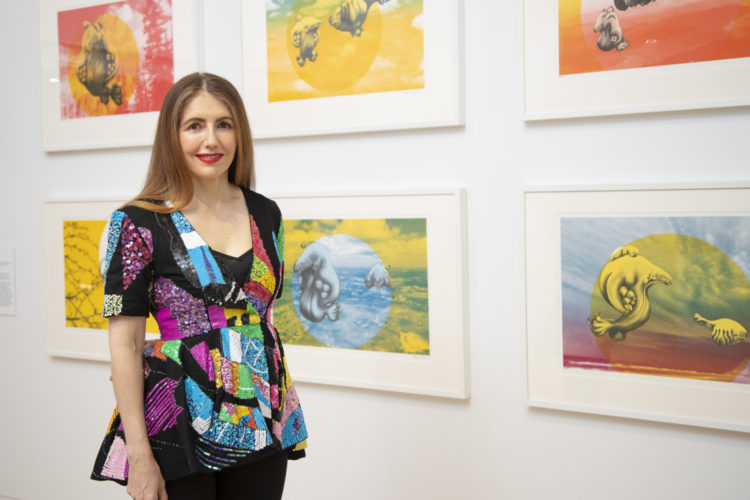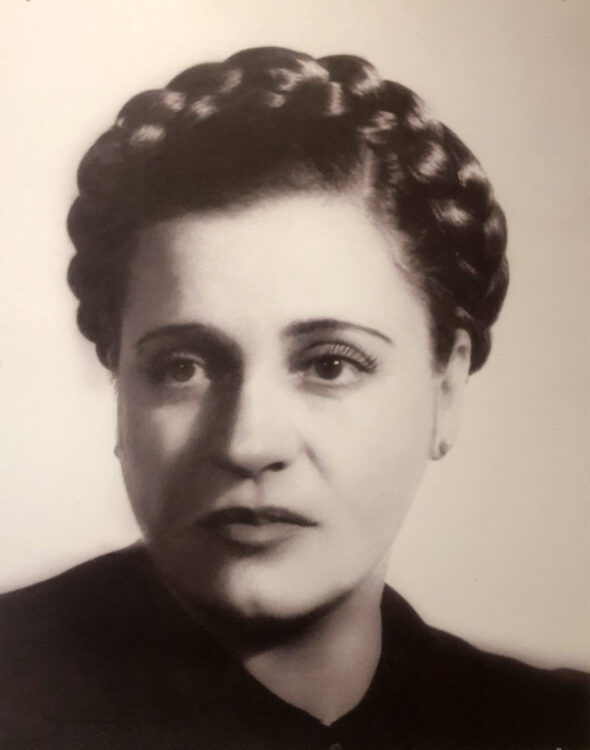Yto Barrada
Respini, Eva, Erikson, Ruth (ed.), When Home Won’t Let You Stay: Migration through Contemporary Art, exh. cat., Institute of Contemporary art, Boston (23 October, 2019–26 January, 2020); Minneapolis Institute of Art, Minneapolis (22 February–24 March, 2020); Iris & B Gerald Cantor Center for Visual Arts, Stanford (30 September, 2020–26 January, 2021), New Haven, Yale University Press, 2019
→Chevrier, Jean-François, Goytisolo, Juan, Muracciole, Marie, Najafi, Sina, Yto Barrada, Zurich, JRP/Ringier, 2013
→Barrada, Yto, A Life Full of Holes: The Strait Project, London, Autograph ABP, 2005
Yto Barrada: The Dye Garden, Neuberger Museum of Art, Harrison, 25 September–22 December, 2019
→Play, Galerie Sfeir-Semler, Beirut, 22 April–10 July, 2010
→A Life Full of Holes: The Strait Project, Galerie Delacroix, Tangier, 27 April–27 May, 2001
French-Moroccan multi-media artist.
Born in Paris and raised in Tangier, Yto Barrada offers a unique perspective of Morocco and the lives of the city’s inhabitants. She explores the stories of where she grew up through multiple mediums such as photography, film and sculpture. Her work acknowledges the current socio-political and environmental state of Tangier, exploring its effects on everyday life in Morocco. Y. Barrada returned to Paris to start her academic career, studying History and Political Sciences at the Sorbonne University, then moving to New York to study photography at the International Centre of Photography (1996). She now lives and works between New York and Tangier, exploring numerous topics such as motherhood, concepts of time and nature.
Y. Barrada’s first photography series, A Life Full of Holes: The Strait Project (1988–2004), documented the Strait of Gibraltar, where the borders of Europe and North Africa meet and a jumping-off point for those wanting to reach Europe. She captures the Strait, giving expression to a silent brutality of restriction and alienation. Her photography illustrates those who contend with the tightly restricted borders in an unfiltered light. Her subjects present a reality to viewers, one that has been harshly impacted by Tangier’s restrictive political and social conditions. Advertisement lightbox was featured as part of this series, depicting the silhouettes of two children against an advertisement for a ferry service. This photographic series brings light to conversations surrounding migration, diaspora and exile and was made into a written publication in 2005.
Through her personal experiences and observations, Y. Barrada brings her own story, as well as those of others, to light. Others of her works, such as Palm Sign (2011), employ a metaphorical or symbolic nature, leaving viewers to reflect upon what the piece might mean. Palm Sign, from her exhibition I Decided Not To Save The World, consists of an aluminium palm-shaped structure lit up by a plethora of coloured light bulbs. By fusing together the natural (palm) and artificial (lights), viewers are left to think about the relationship/boundaries between the two. Her artwork leaves room for contemplation, prompting people to reflect on topics often overlooked or misinterpreted. Y. Barrada’s interpretation of how Tangier has changed since immigration laws became established makes us consider the relationships we have with the spaces we occupy.
Y. Barrada’s achievements have been recognised with many awards, such as the 2022 Queen Sonja Print Award. This acknowledged her expertise in the multiple mediums she uses for her artwork and how she ties these to such conceptual ideas. Another of her notable achievements was the launching in 2004 of the Cinémathèque de Tanger, North Africa’s first cinema cultural centre. This space offers a carefully curated, culturally diverse range of films for Tangier’s residents to enjoy. Y. Barrada’s works adopt a highly memorable and enlightening quality within the contemporary art scene, inviting the public to engage with the complexities of identity. Her works have been exhibited globally, including at the International Centre of Photography in New York and the Centre Pompidou in Paris.
A notice produced as part of the TEAM international academic network: Teaching, E-learning, Agency and Mentoring
© Archives of Women Artists, Research and Exhibitions, 2024












